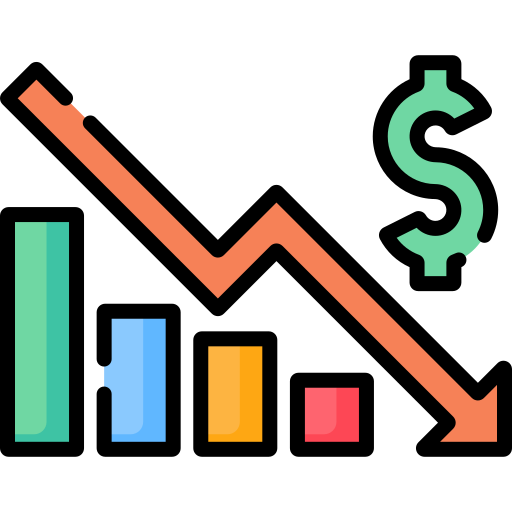Preparing for A Possible Recession
Preparing for A Possible Recession
By James Pruitt, Senior Staff Writer
Some economists have predicted a looming recession following the post-pandemic boom. The Fed has even tried to slow growth by adjusting interest rates in response to the current inflation. Whether the economy will change direction from its current growth pattern remains to be seen. However, foresight about potential measures in case of such an event can prevent heartache. There are healthy and unhealthy ways to prepare for economic uncertainty. As with much in life, balance is key.
The following are unhealthy ways to respond when the economy takes a downward trajectory:
1) Trying to take advantage
As capital seems to grow cheaper, and unsold merchandise accumulates in warehouses, some may try to stock up for the future when the storm has passed. However, remember that a true recession affects wide swathes of the economy. Reliably “recession-proof” industries are rare if they exist at all. These downturns are unpredictable, and especially for a small business, hard times offer few opportunities for risks.
2) Panic and downsize unnecessarily
On the other side of the coin, recessions often induce panic. A chilly economic climate can induce chilly behavior. Some established companies may see these times as a time to become “leaner and meaner.” Layoffs can trash the morale of both victims and survivors. However, remember that a stubborn labor shortage currently remains as fewer workers participate. A recession without layoffs may seem an unfamiliar creature, but the economy has a mind of its own.
With a labor shortage, a skills gap adds value to existing merchandise and commodities. In other words, a lack of skilled workers increases the value of quality products. Just as bosses may regret sending workers on their way, they may also wish they held onto the assets they dumped when they thought the economy would go south.
On the other hand, well-informed measures could include the following:
1) Understand your company’s strong and weak points
Ongoing introspection can prepare a company (or an individual) for difficult economic times. A business should know the skill set they possess and understand their soft spots.
Generally, strong companies don’t maintain a bloated, undertrained staff. Whenever possible, they promote from within instead of onboarding additional workers. Strong companies encourage workers to put down roots at their establishment. This strategy allows a versatile response to unforeseen circumstances.
2) Emphasize the long term
As stated above, economies in recession provide few opportunities for risk. Companies should structure their operations to allow flexibility in the face of the unpredictable.
The use of contractors and part-timers has become a widespread strategy. Such employees can often stay on-call during slow times and come in during boom periods. Absent the internal resources for a project, understanding the temp and contractor market can help when special needs arise.
As for assets and investments, beware of seemingly “one-time opportunities.” A company’s financial transactions should match the current needs of the company. Bargain-hunting can often leave your establishment with unnecessary stock, which may deteriorate in value or require maintenance to stay usable.
Summary
Preparation for an economic downturn requires a balanced approach. Given our current economic circumstances, a recession may or may not occur. However, neither excessive risk-taking nor a panicked mindset promises security. A strong, flexible organization requires a consistent approach. Remember, if anything, the past two years have taught us that we never know what the world has in store for us.








